
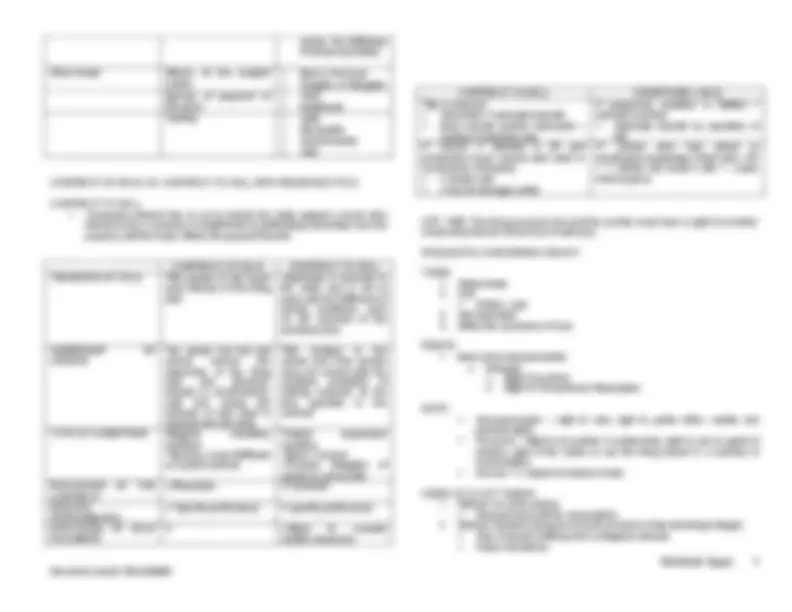
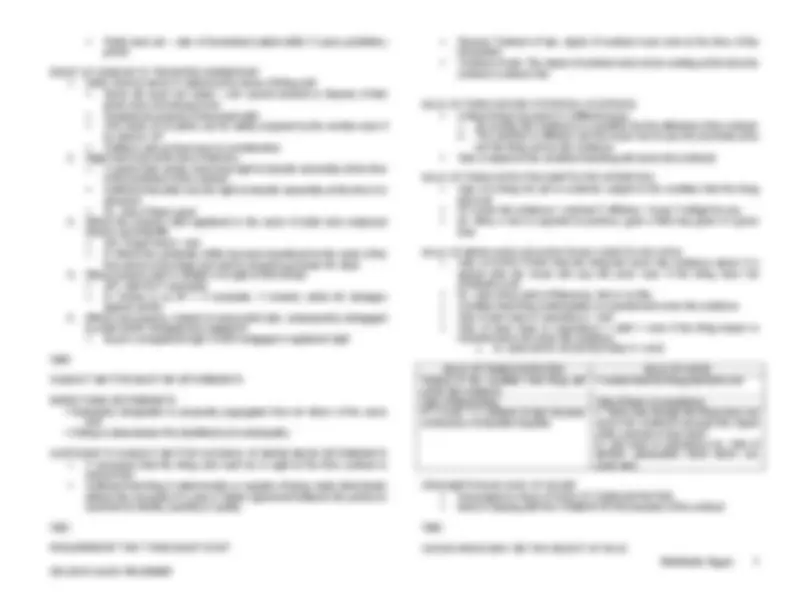
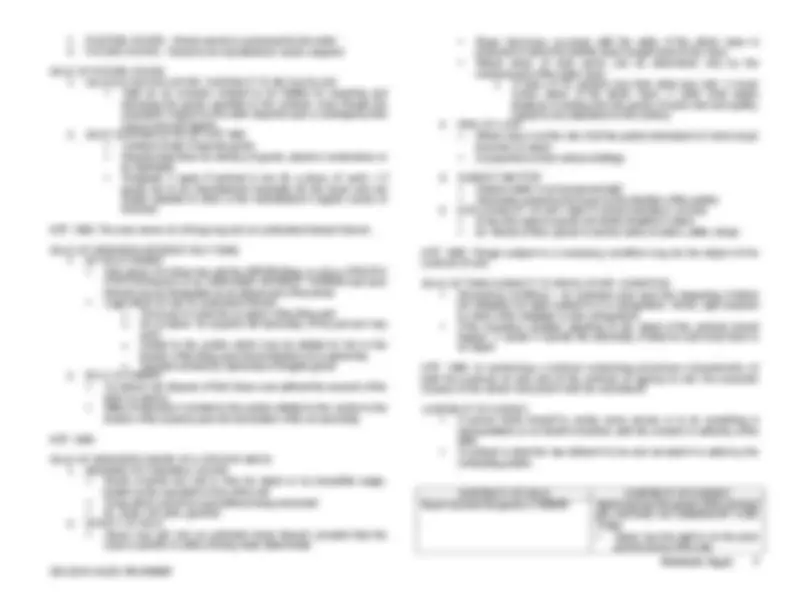
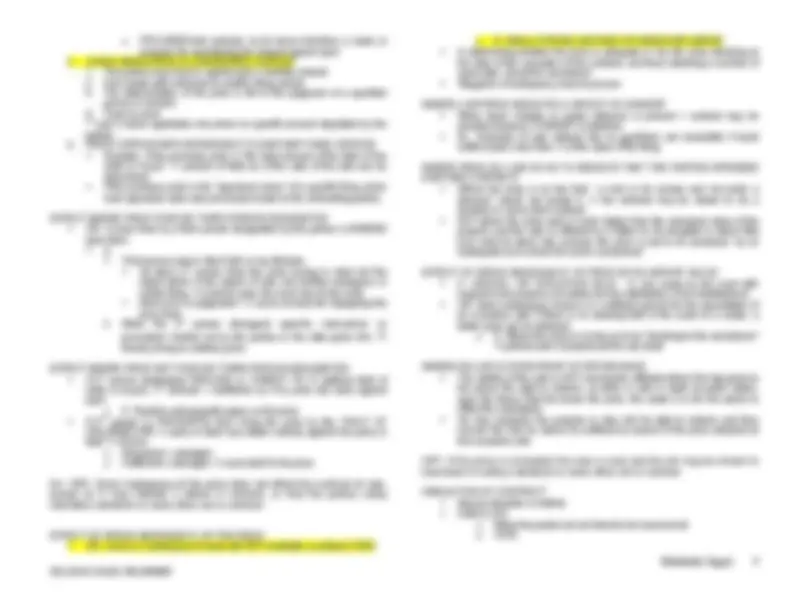
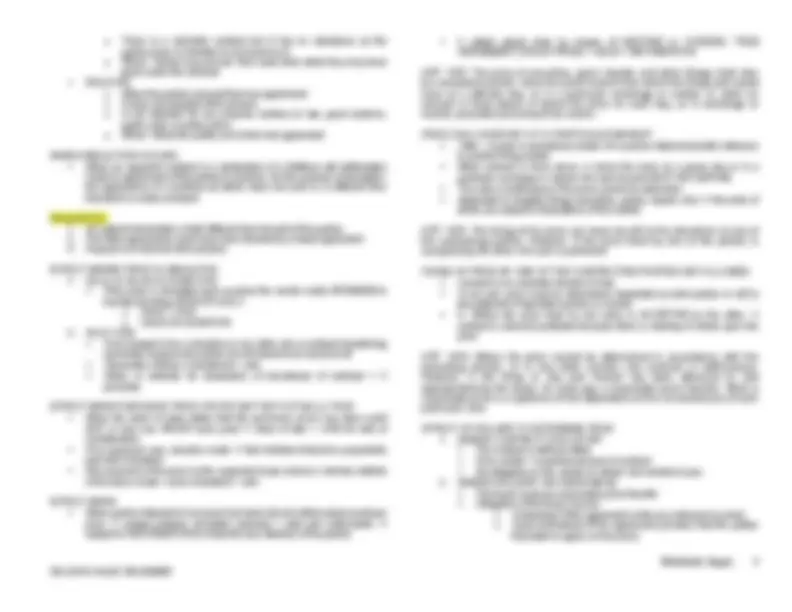
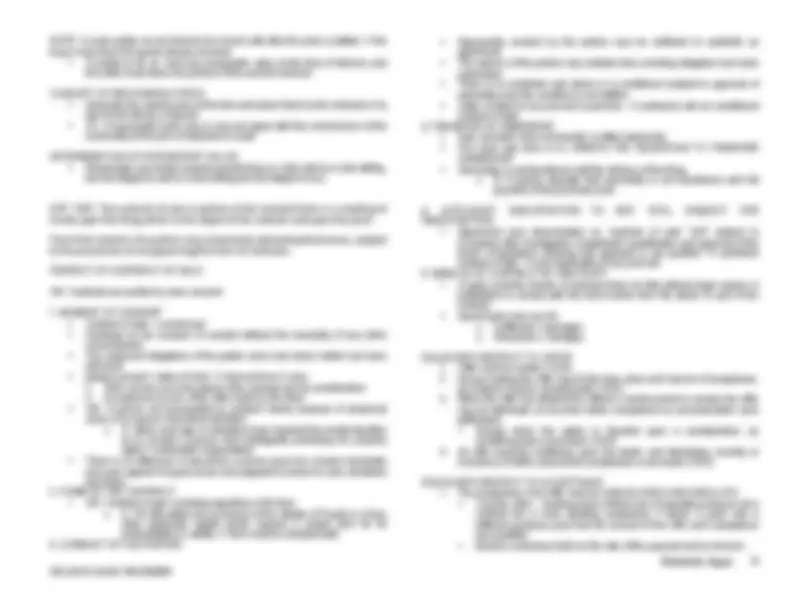
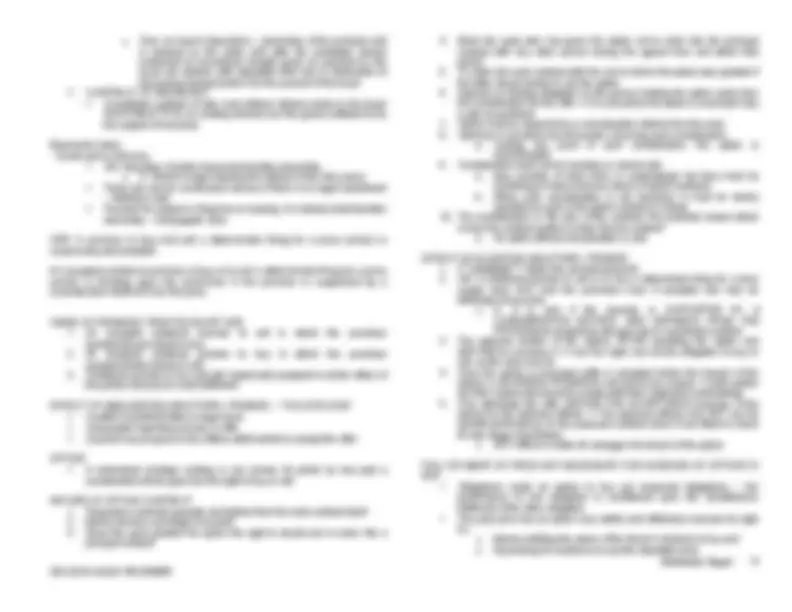
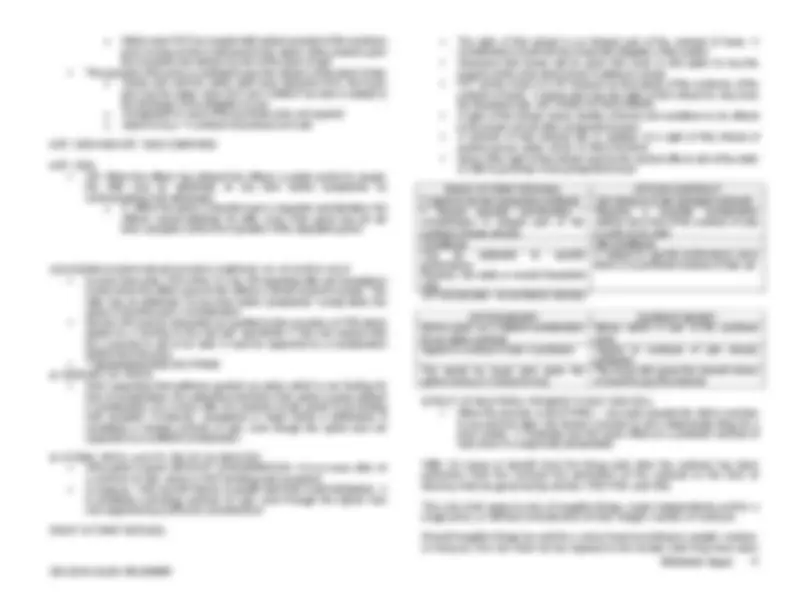
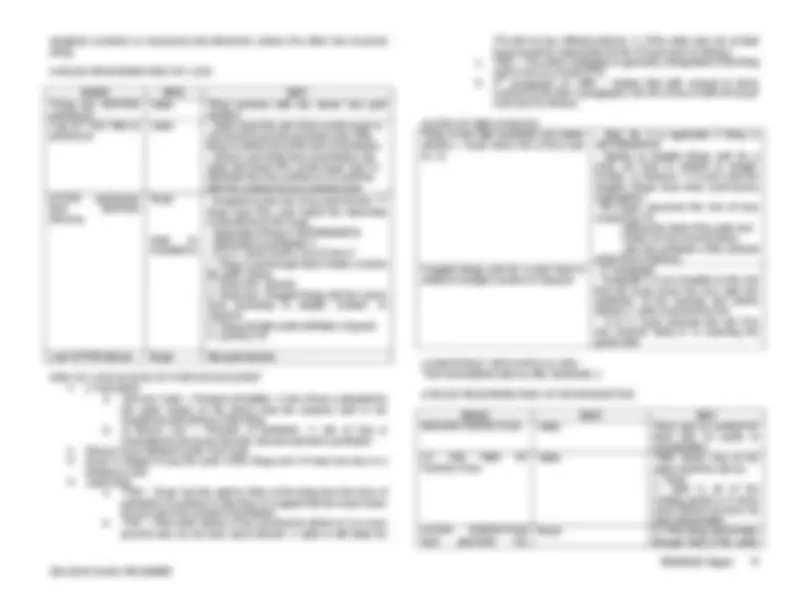
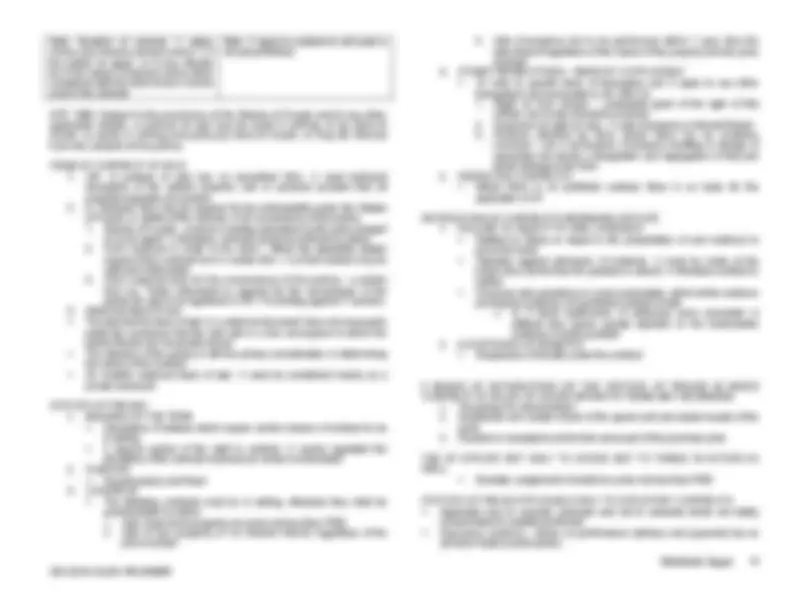

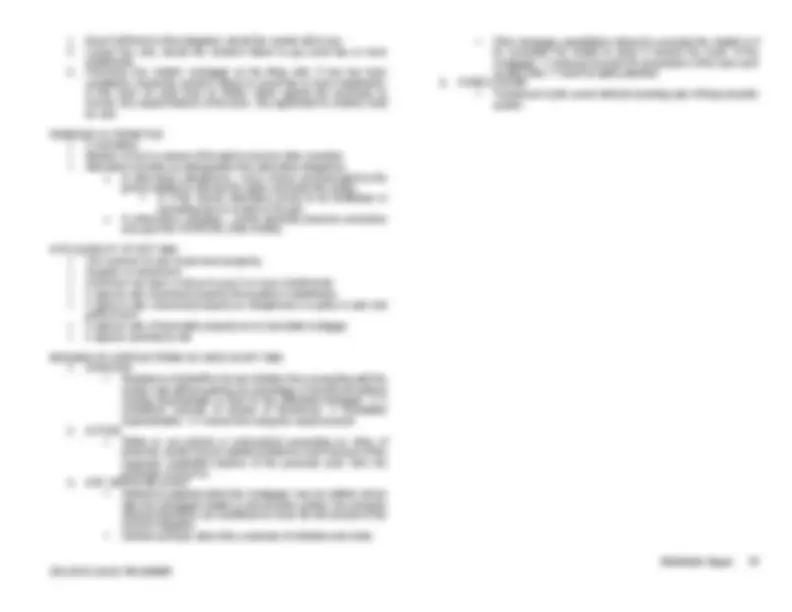


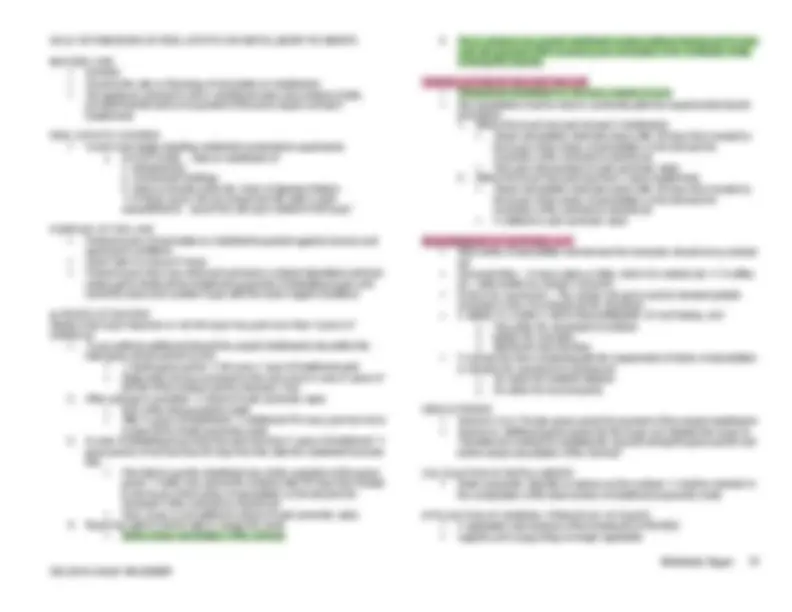
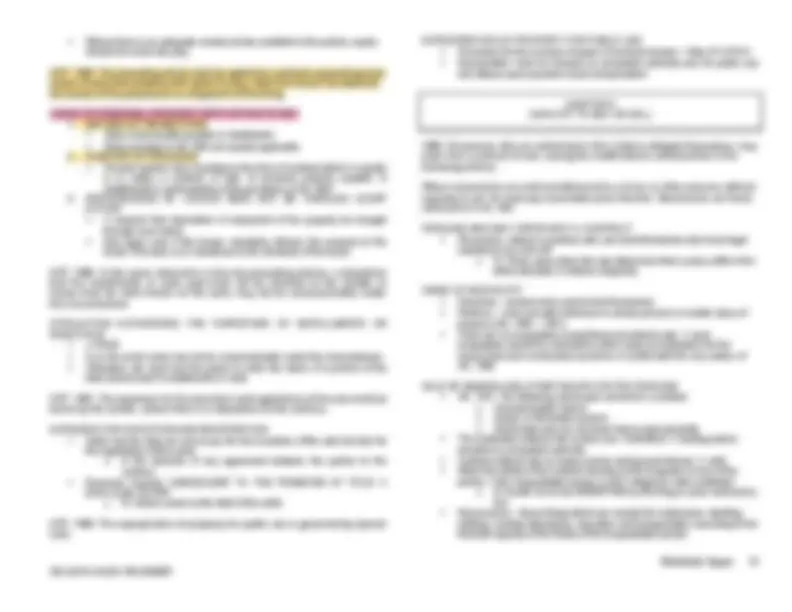
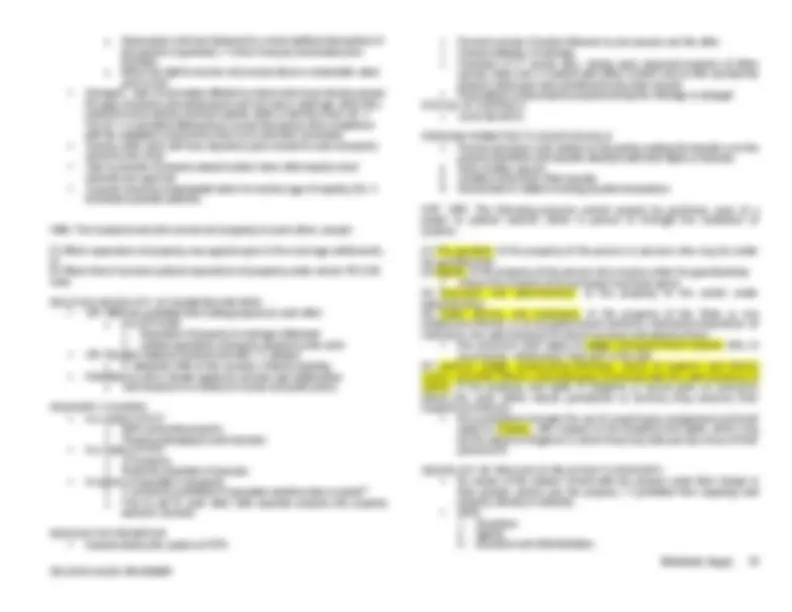
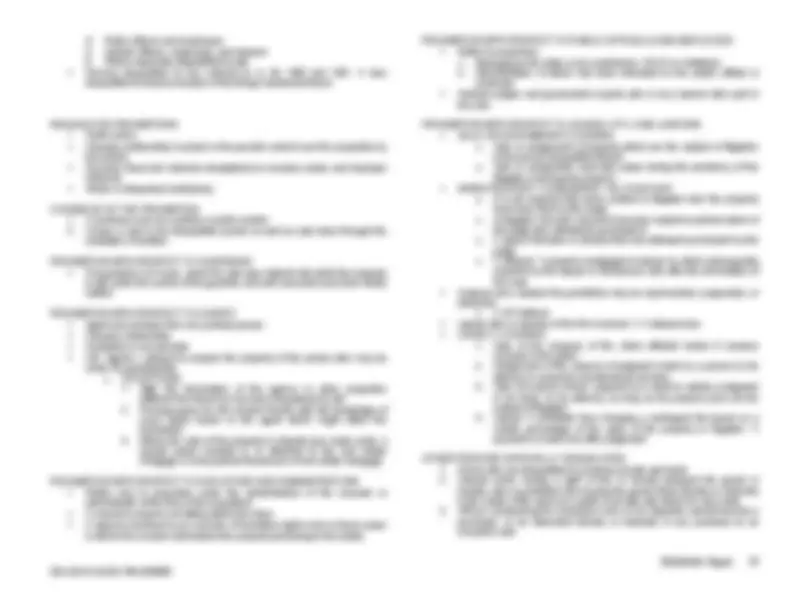
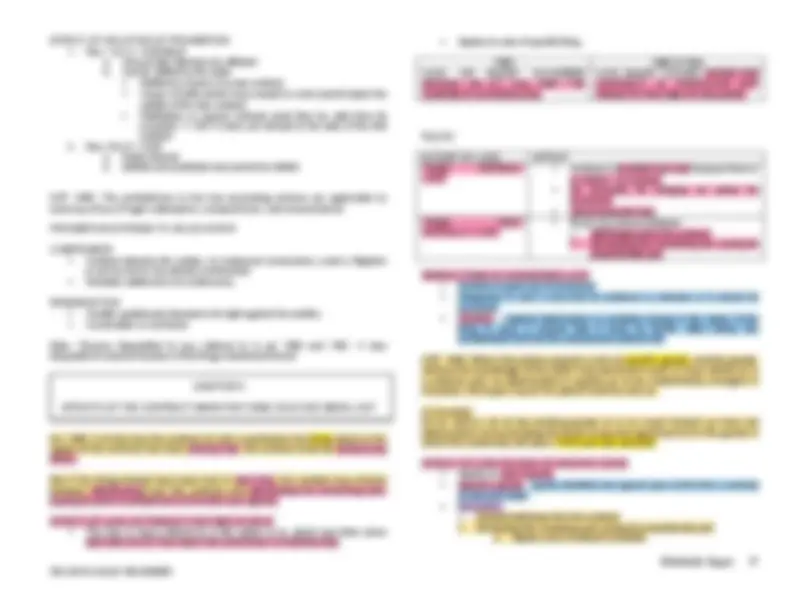
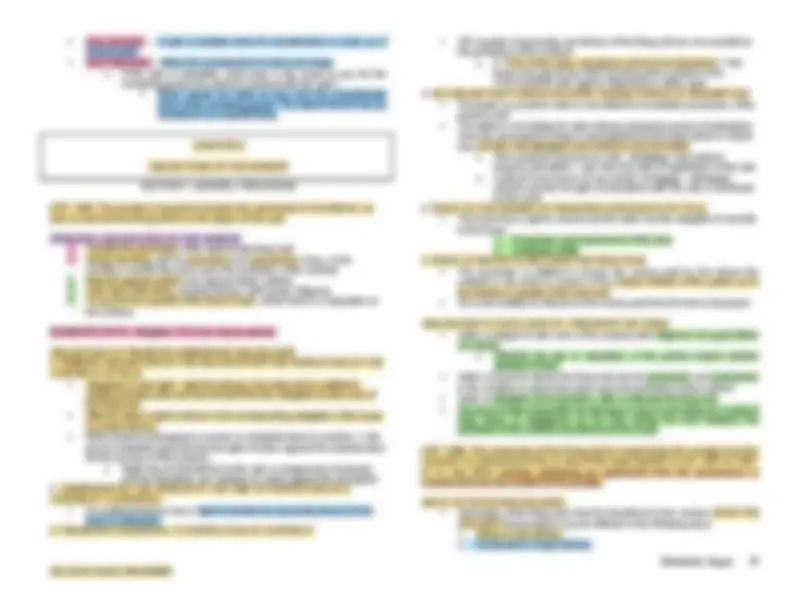
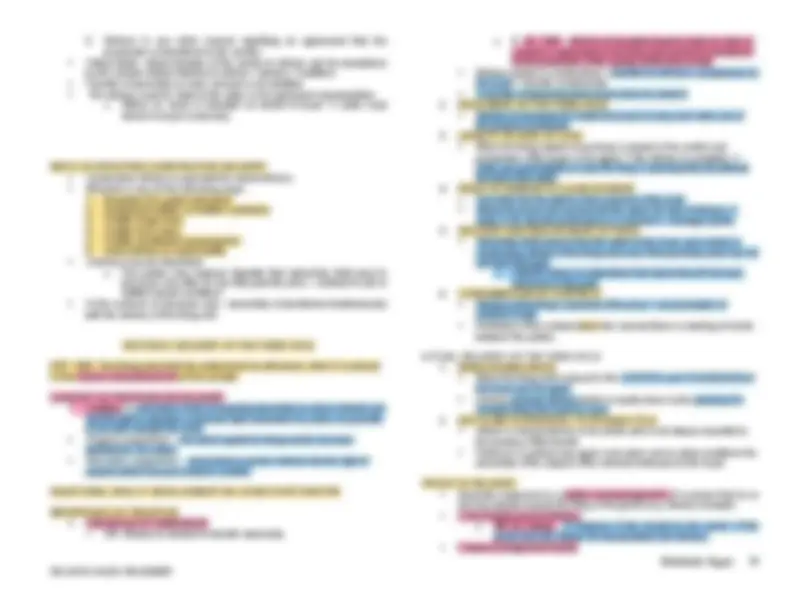
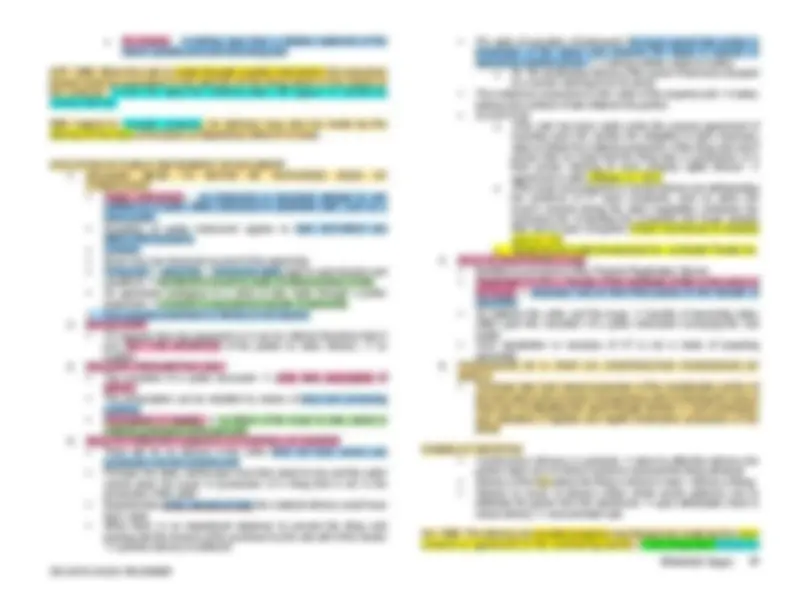
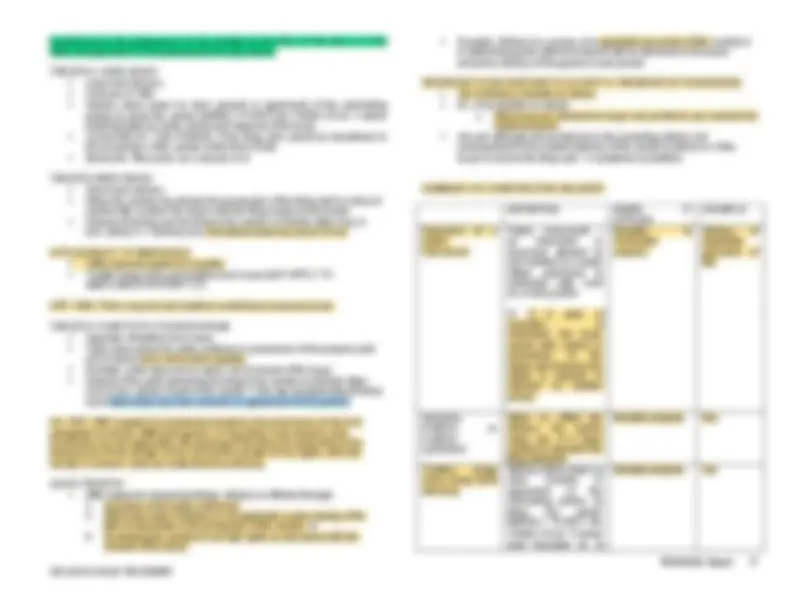
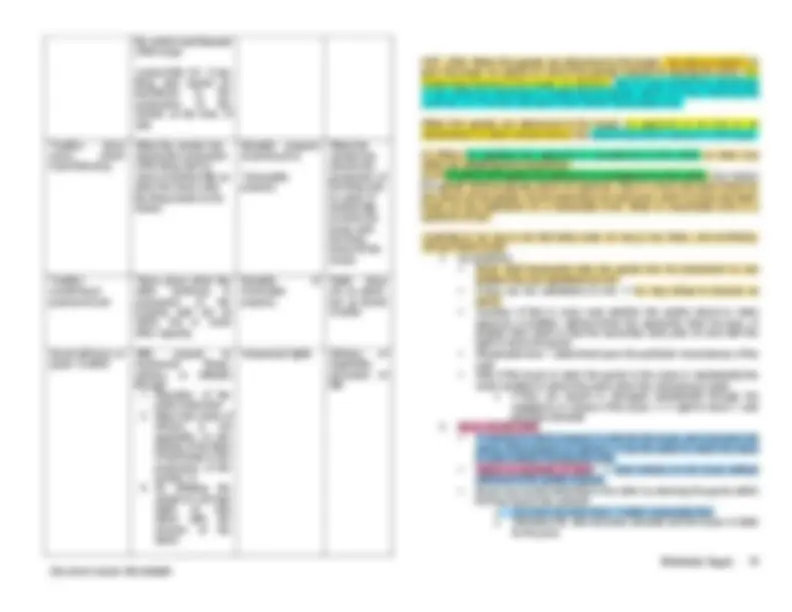

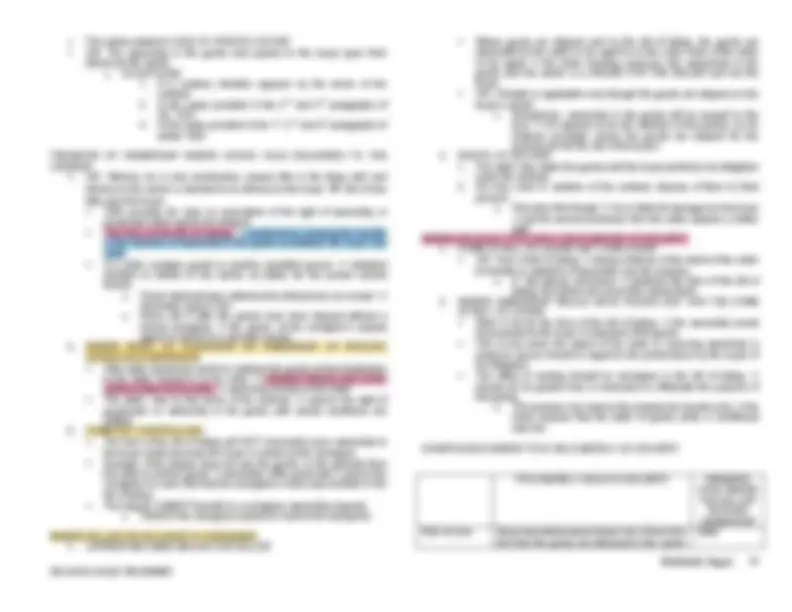
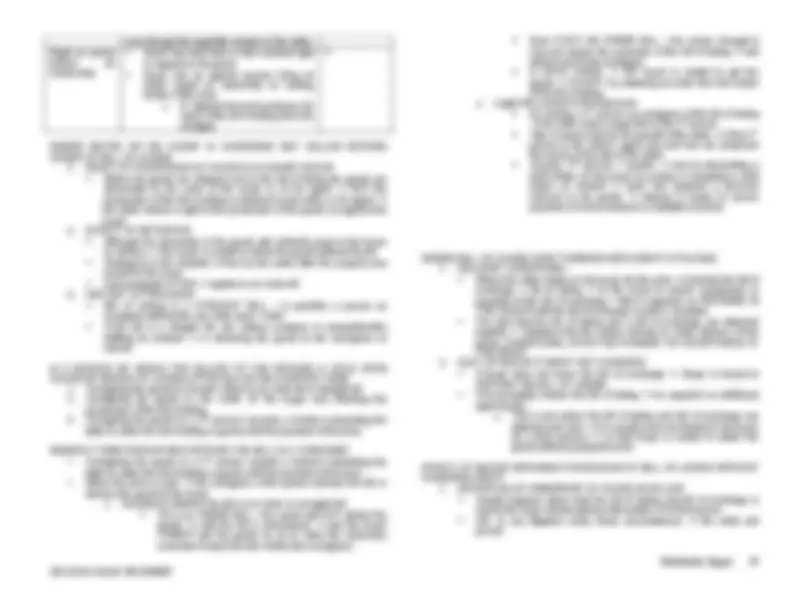
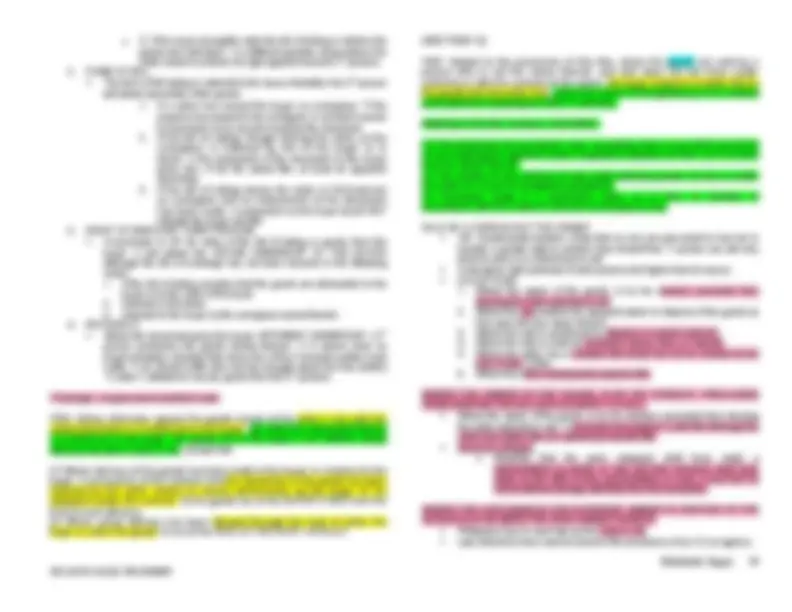
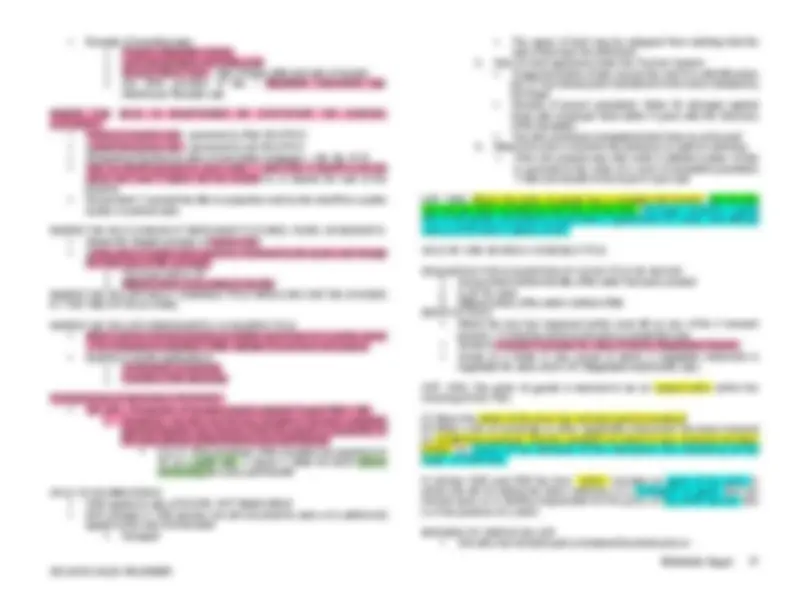
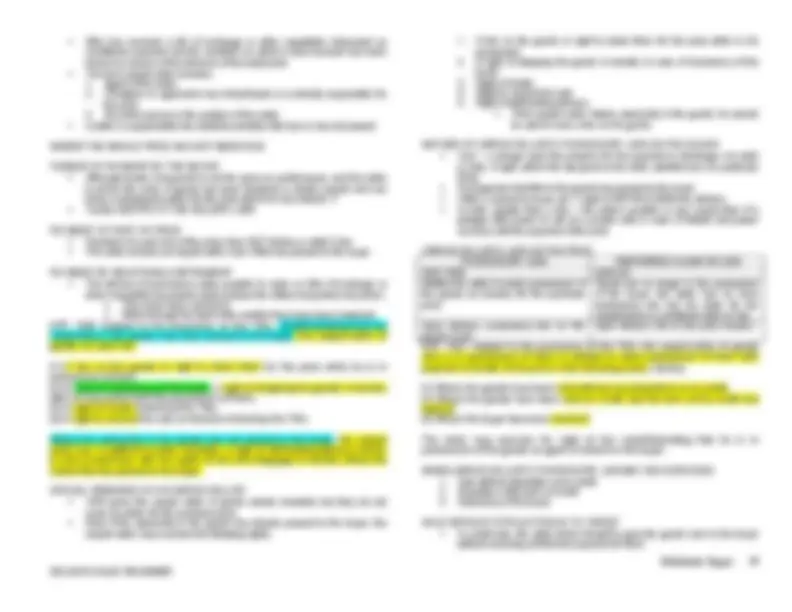
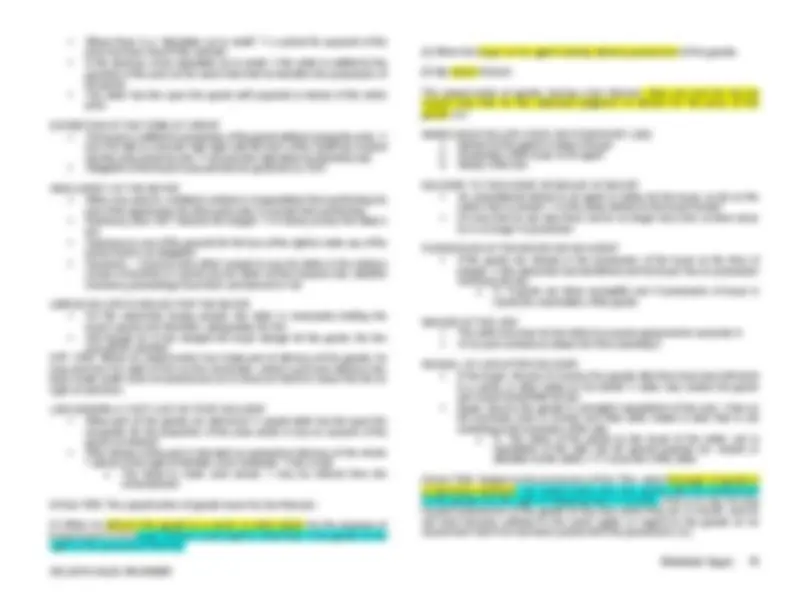
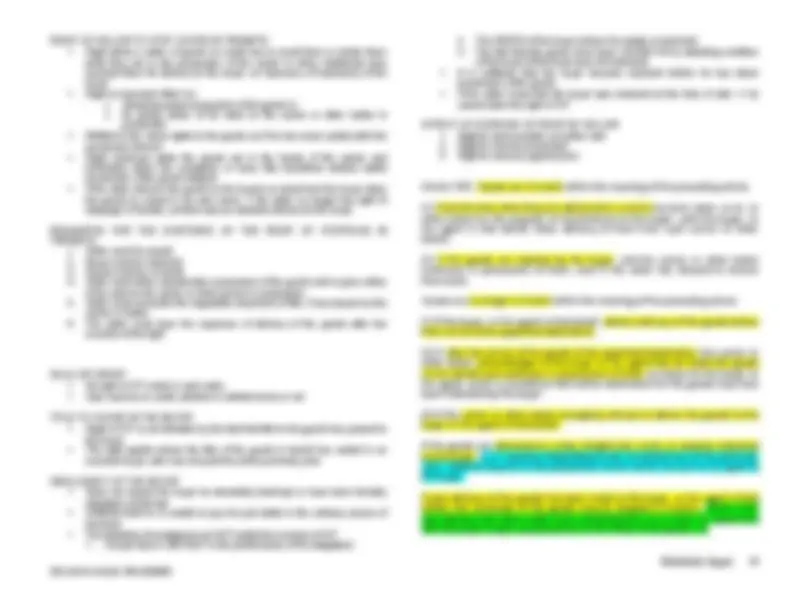
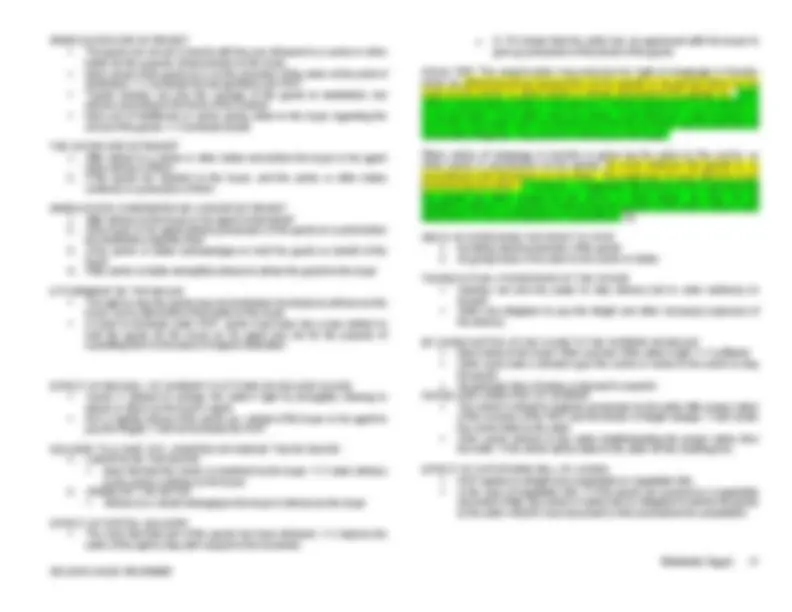
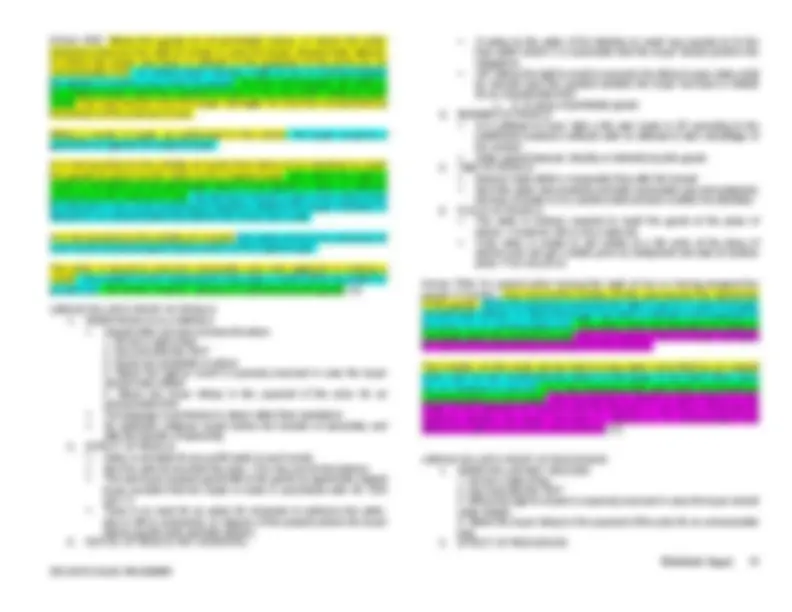
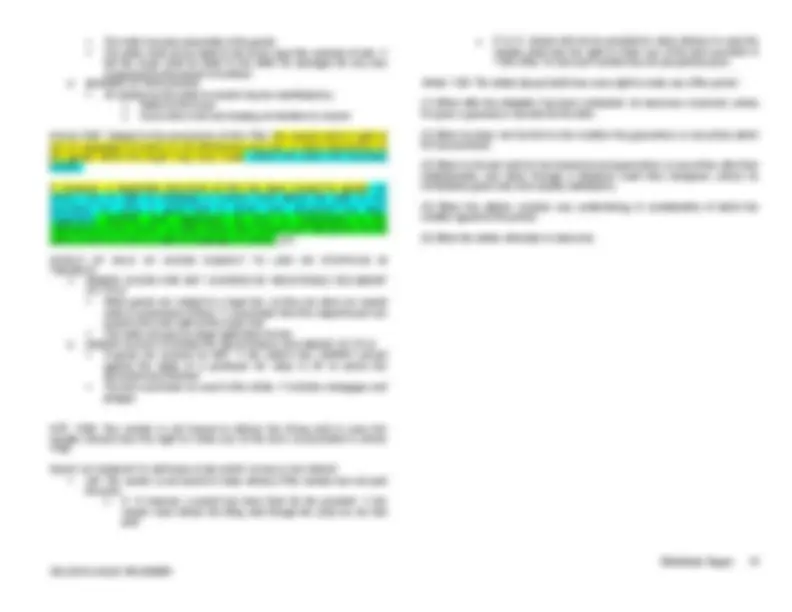
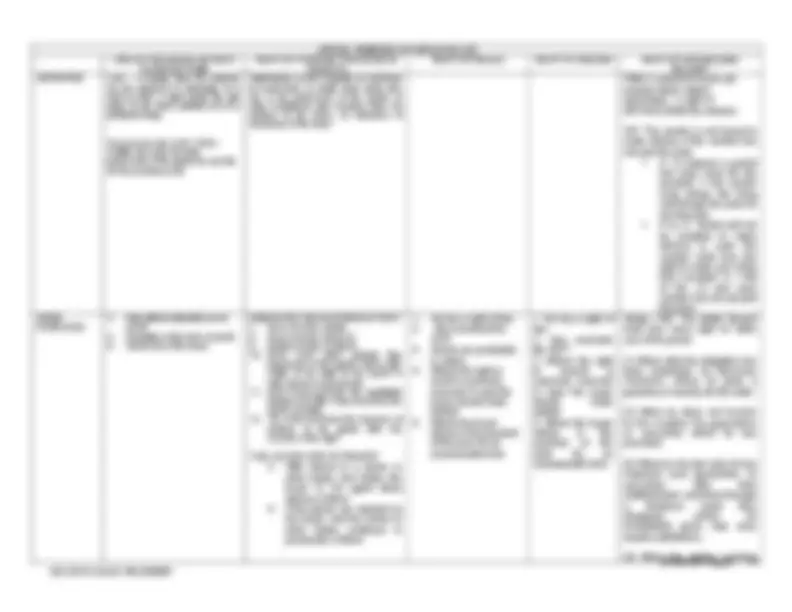
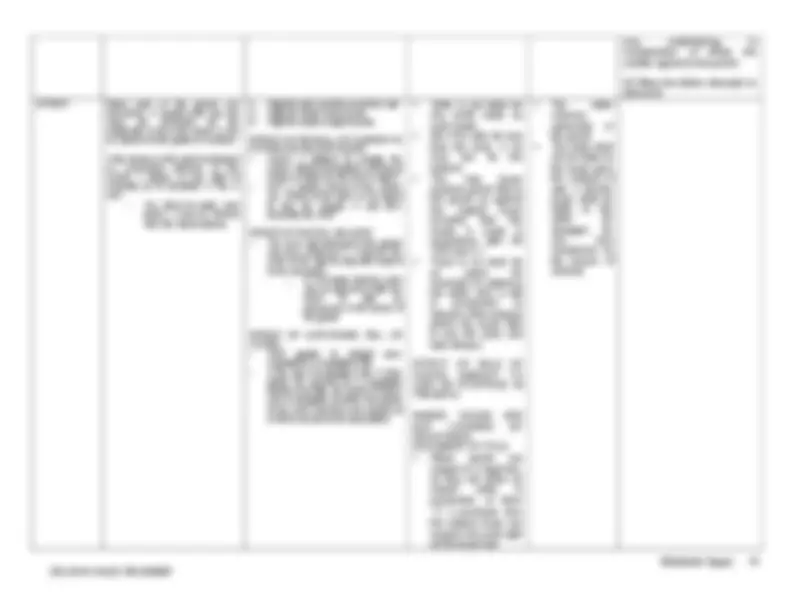

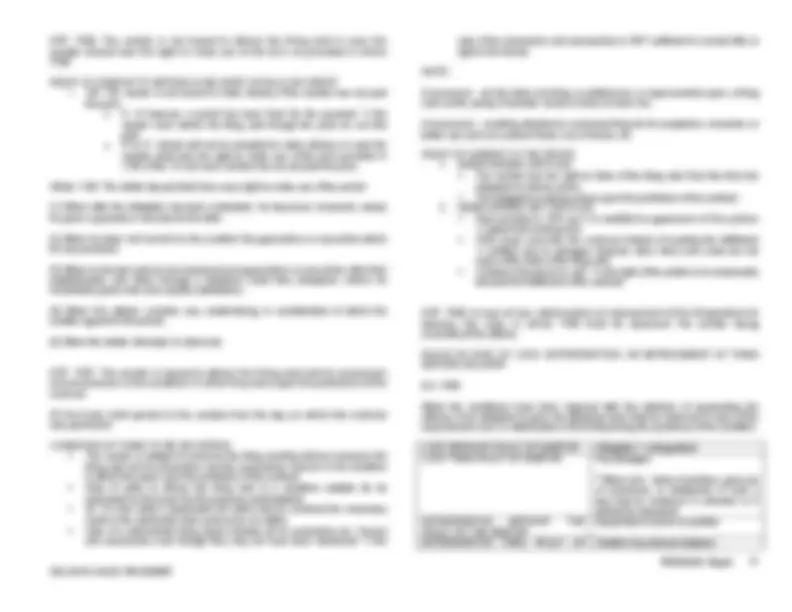
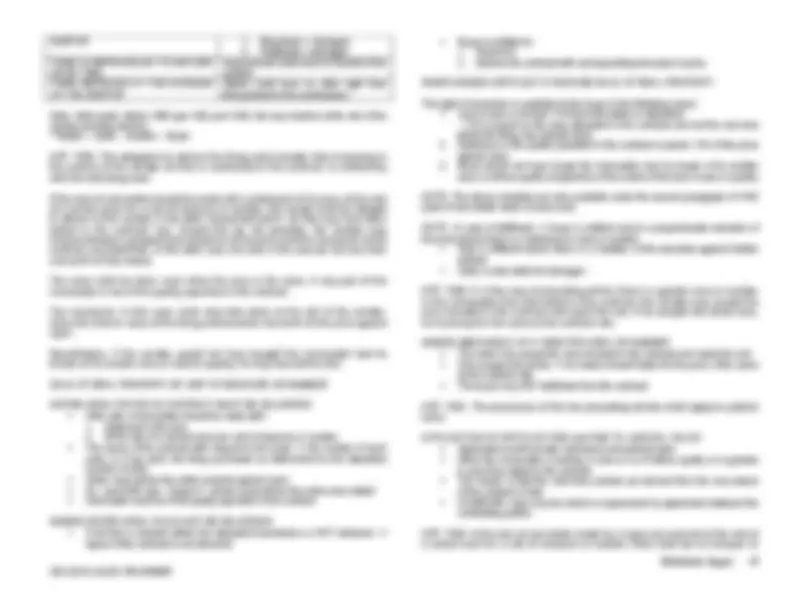
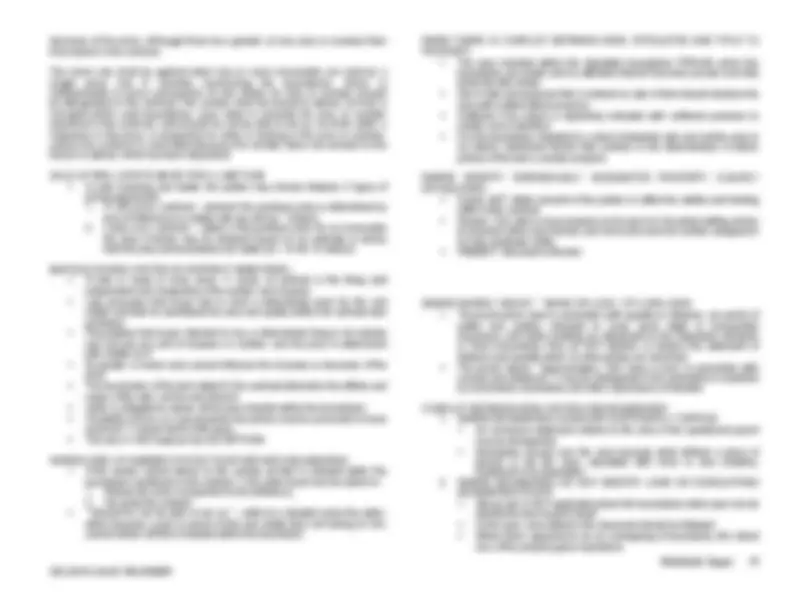
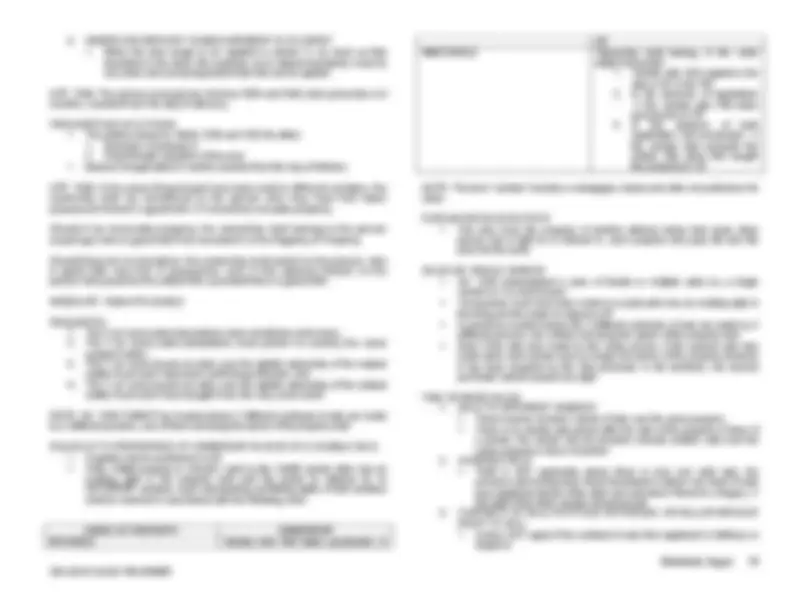
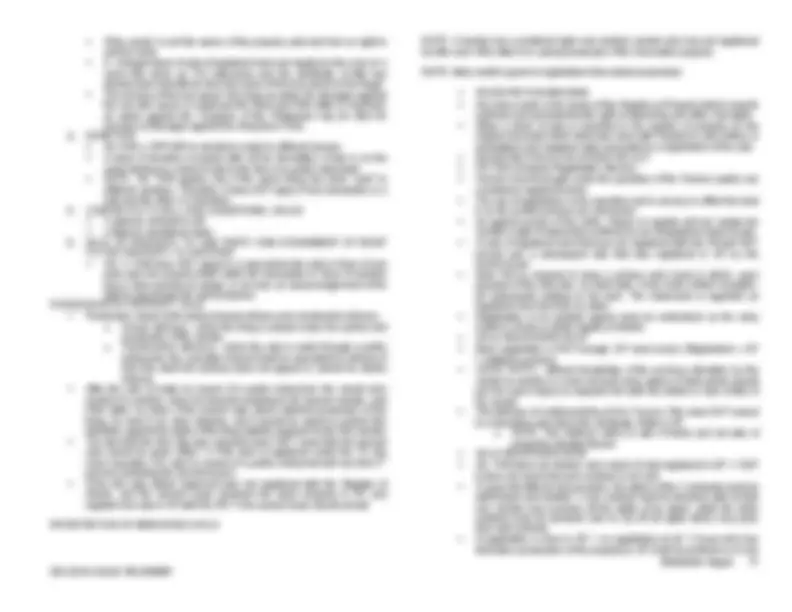
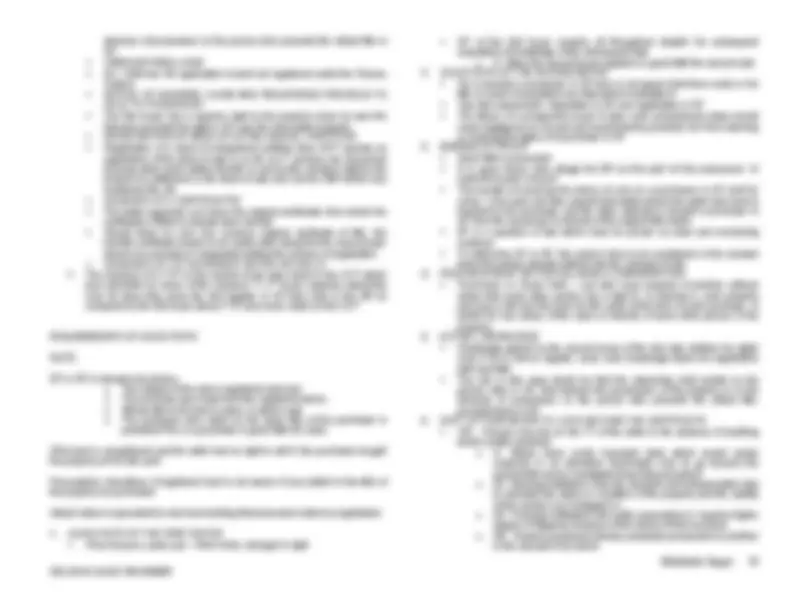
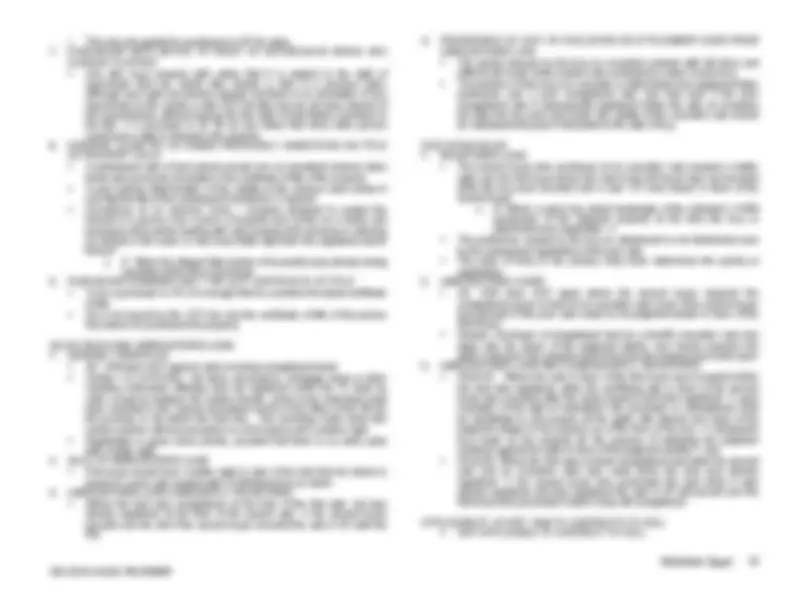
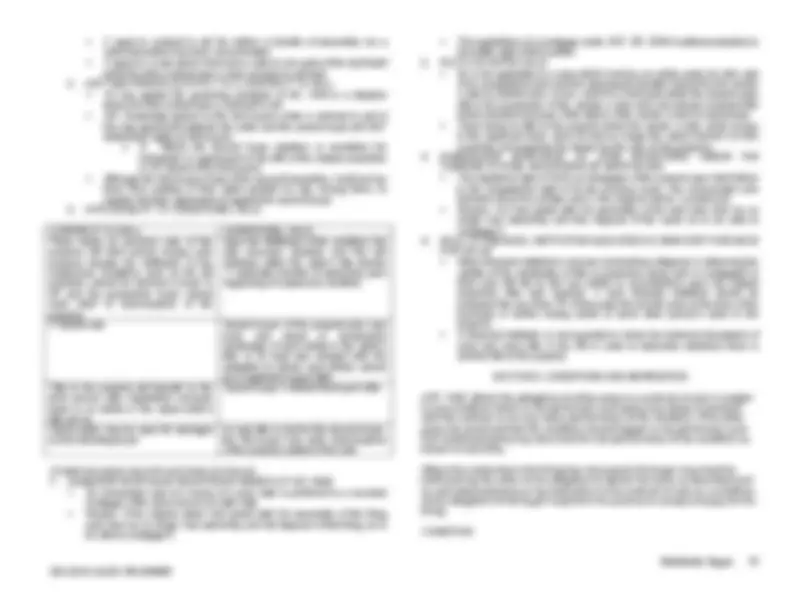
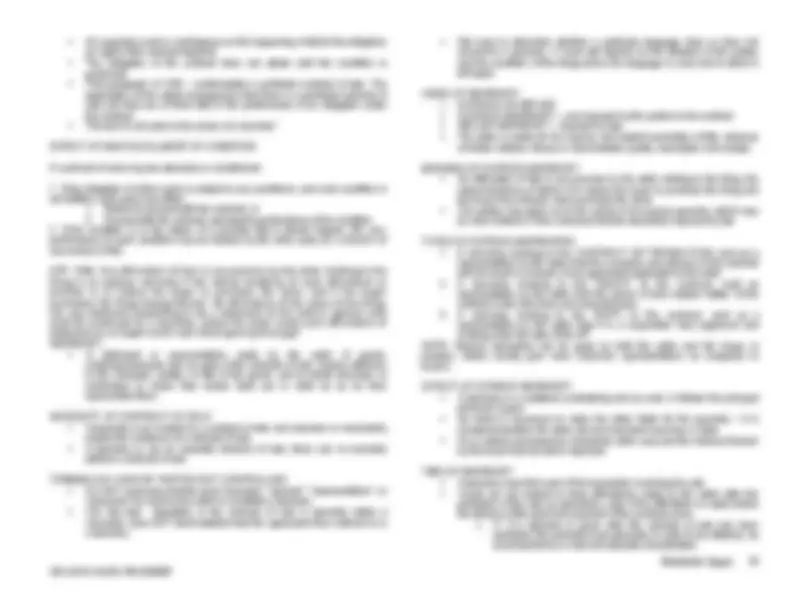
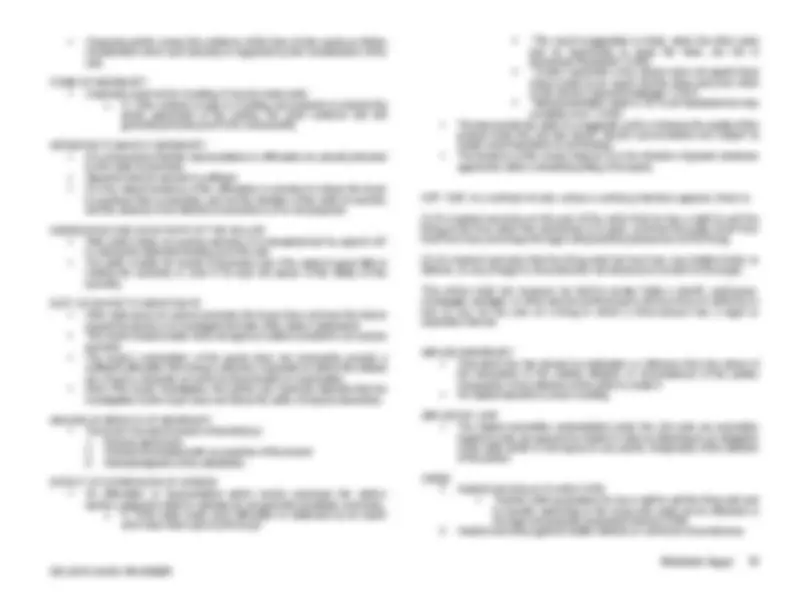
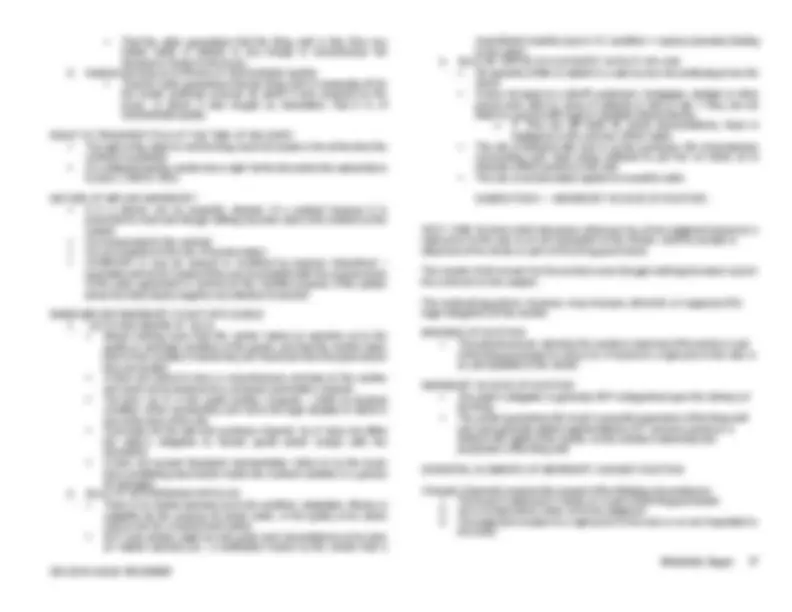
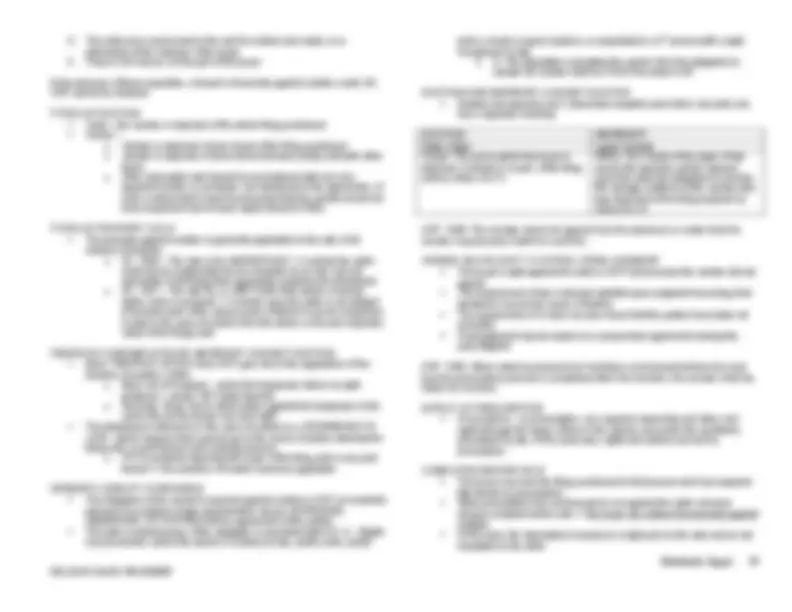
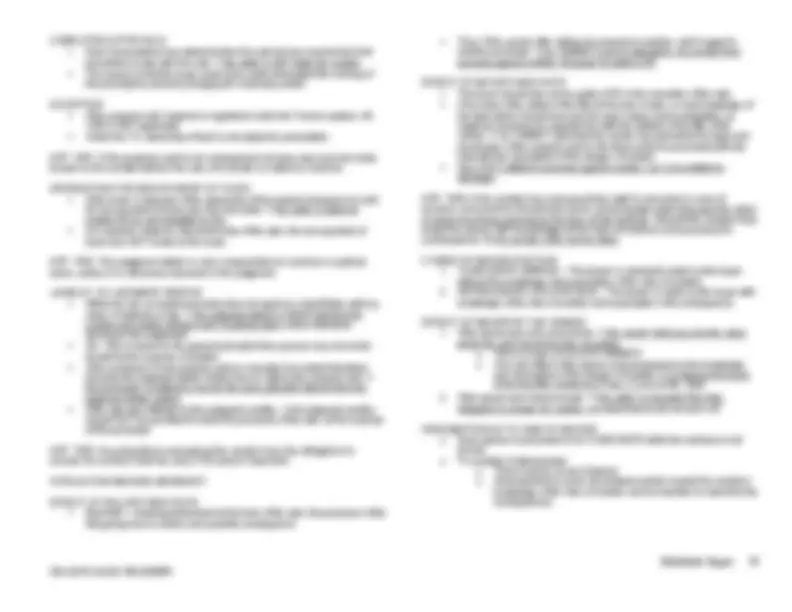
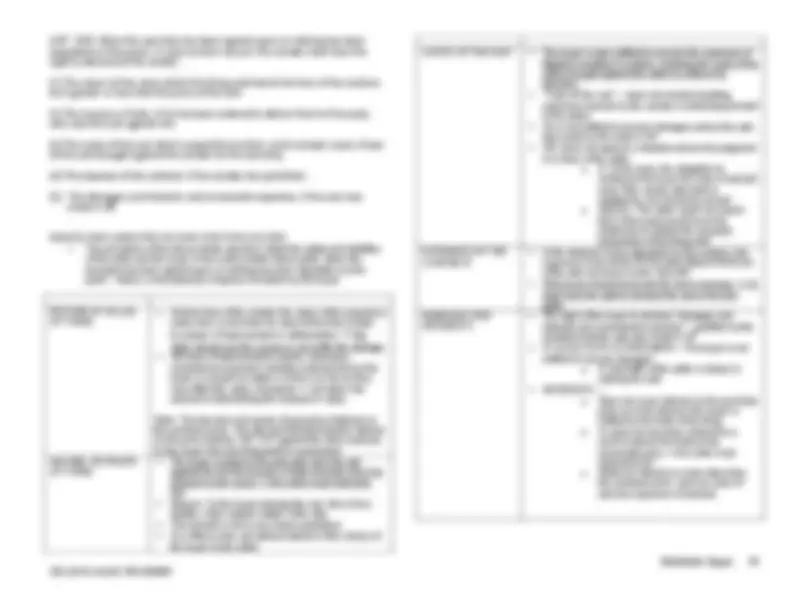



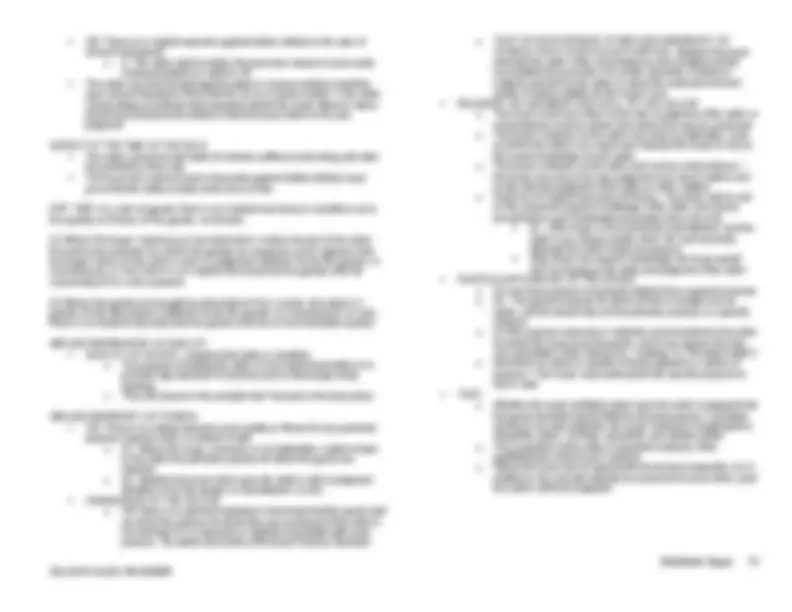


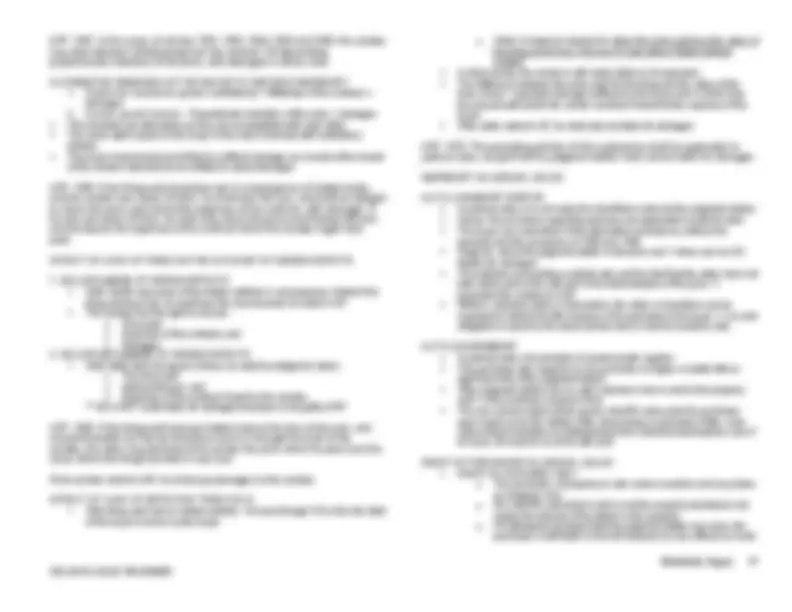


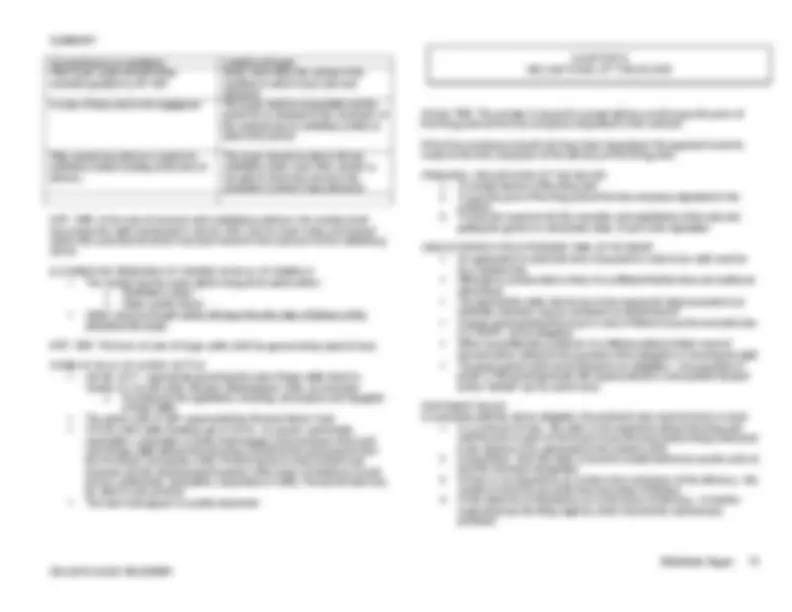



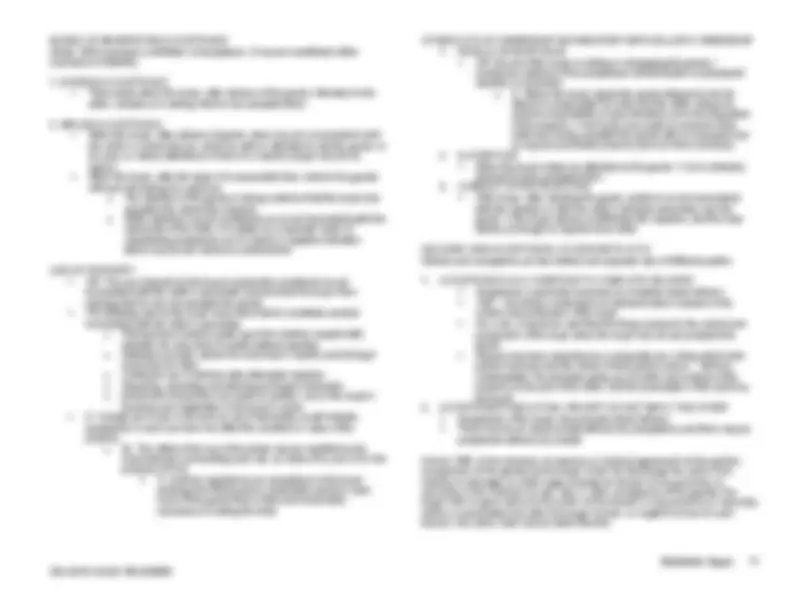

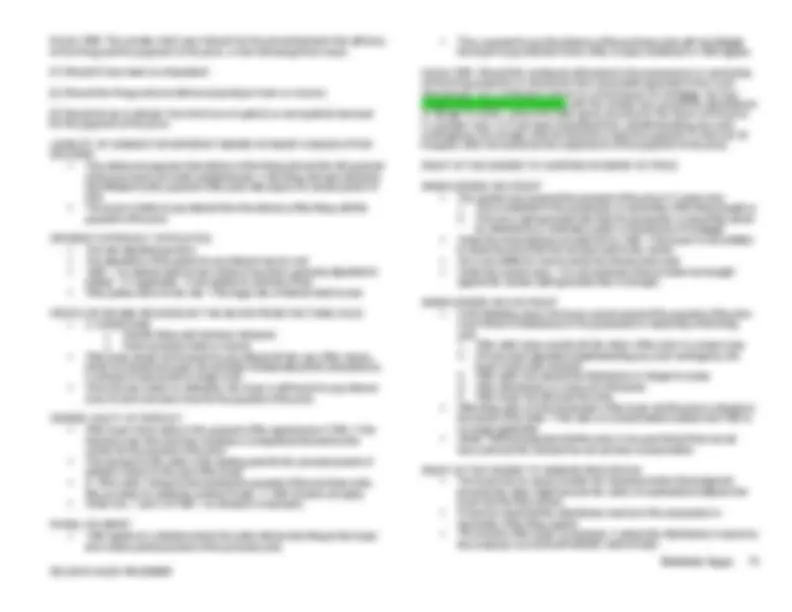


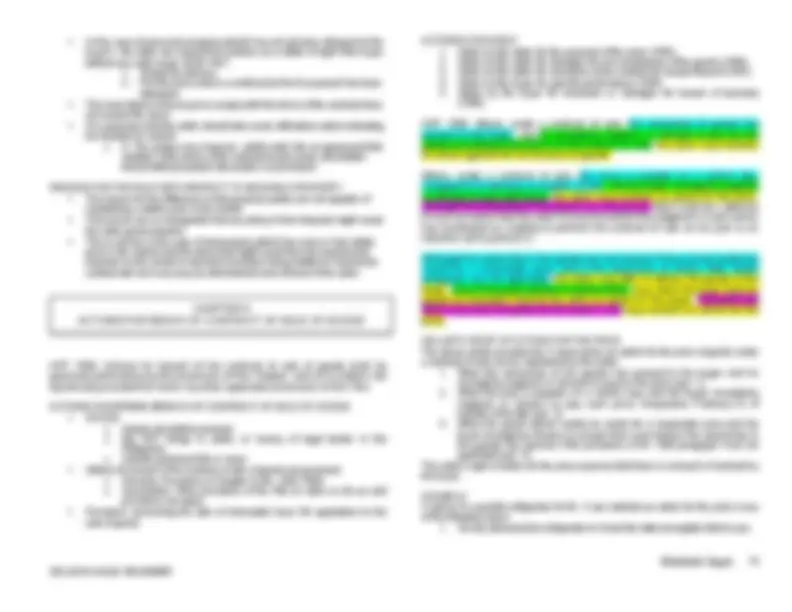
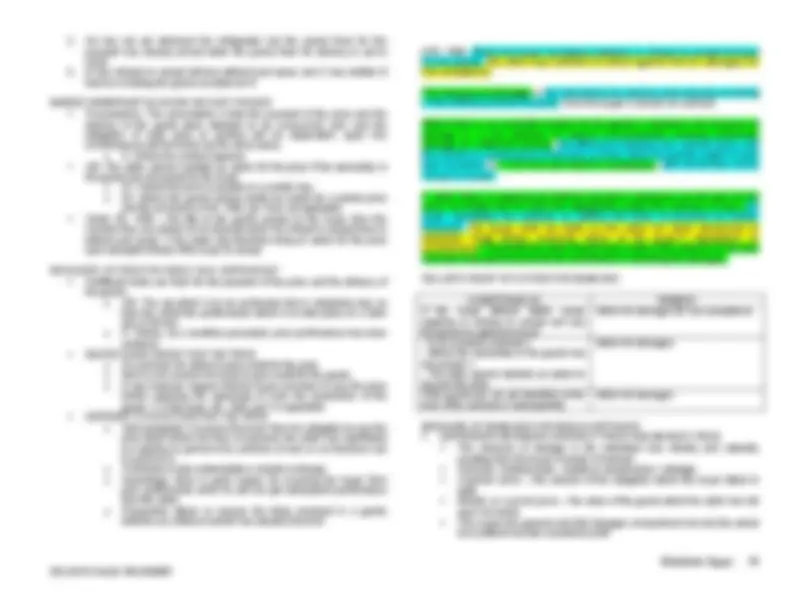
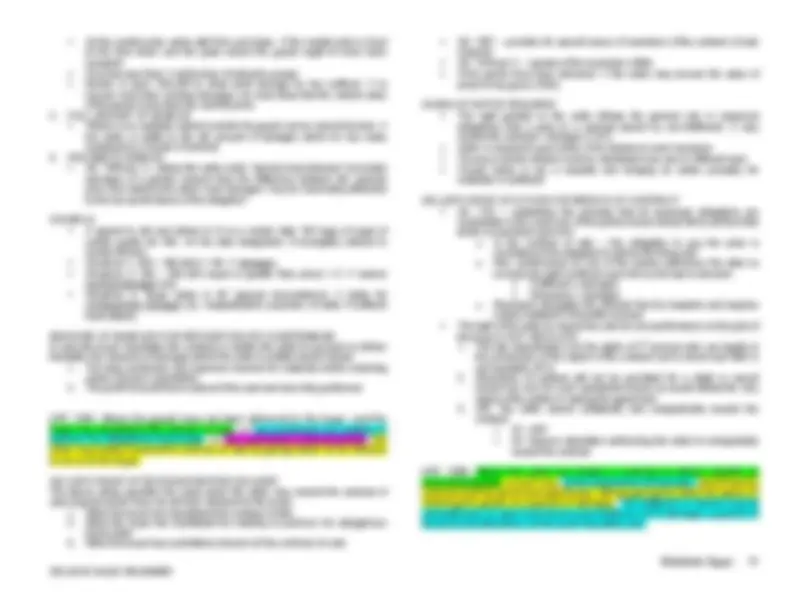



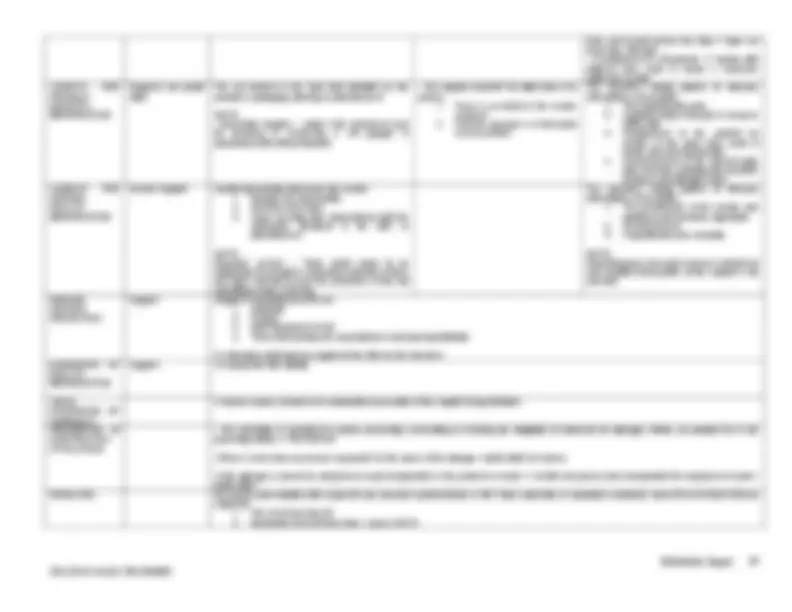
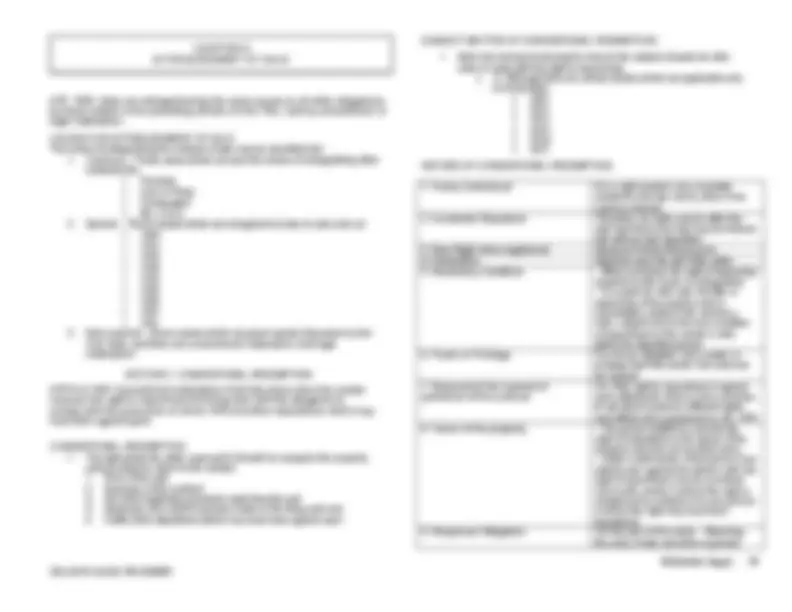
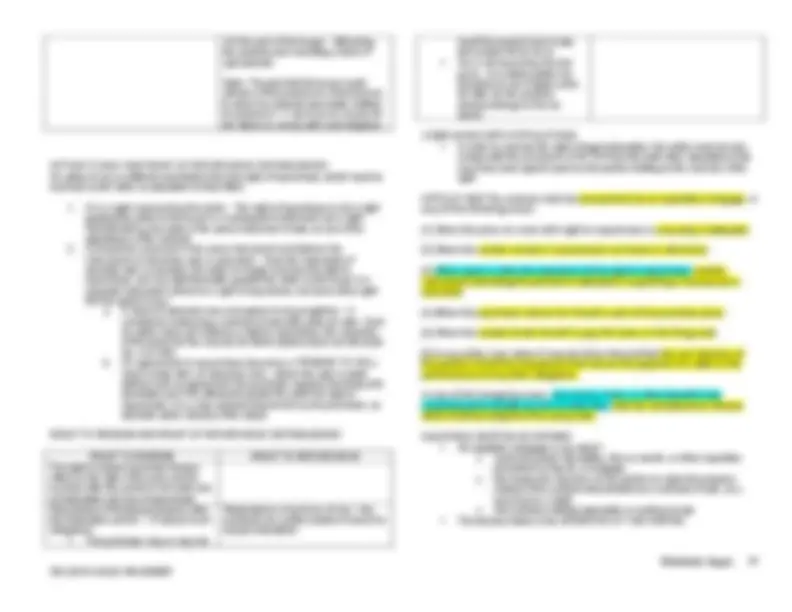


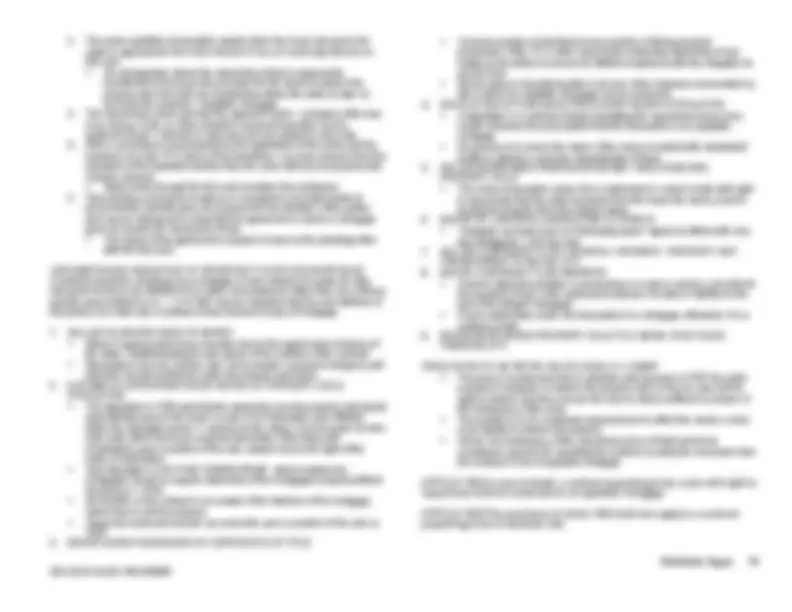
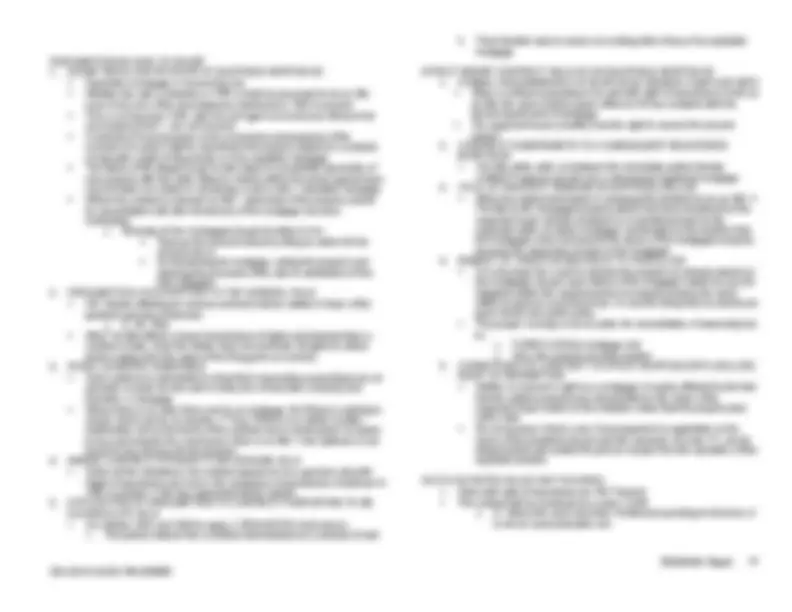
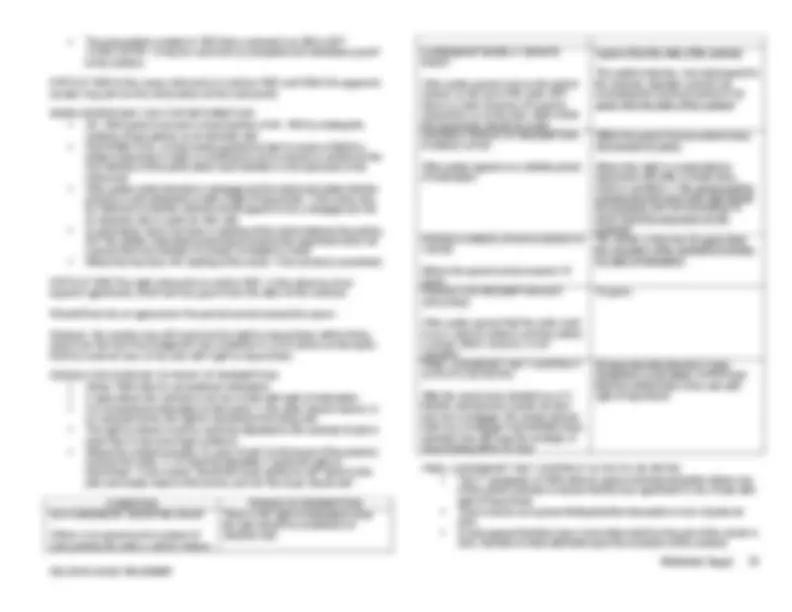
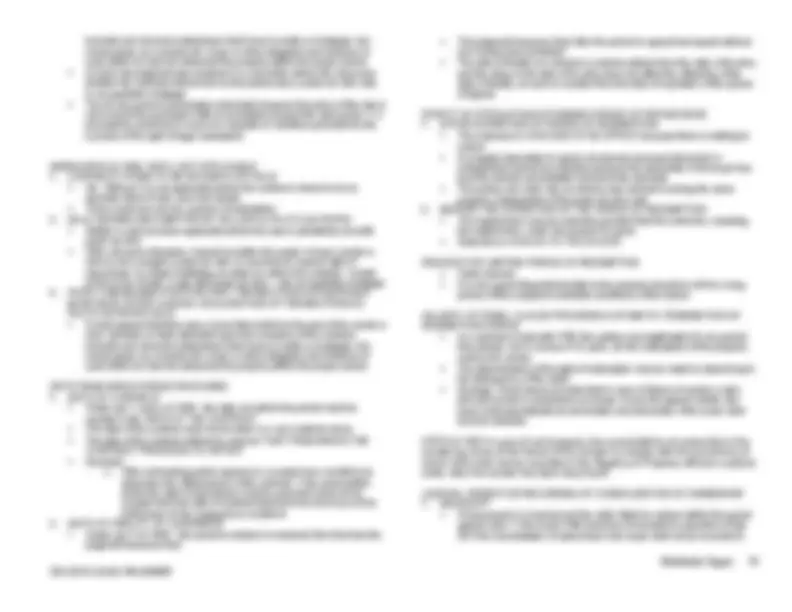
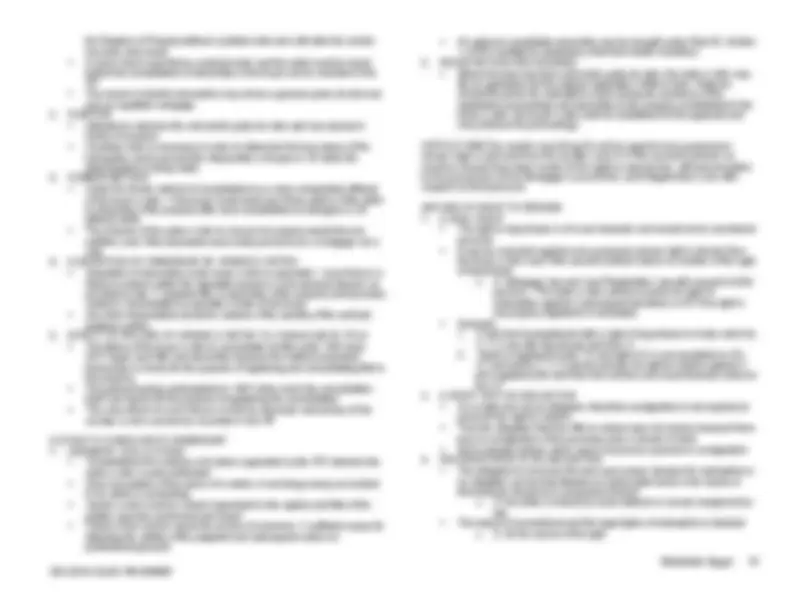



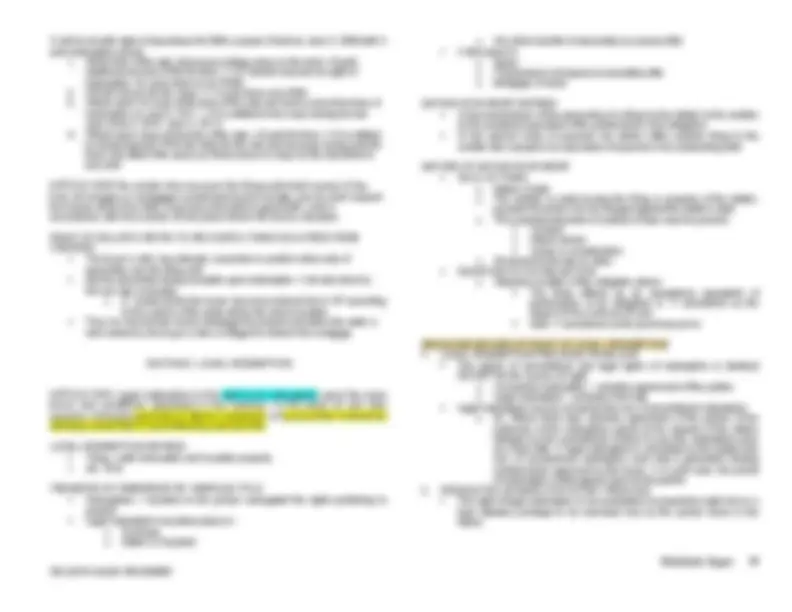
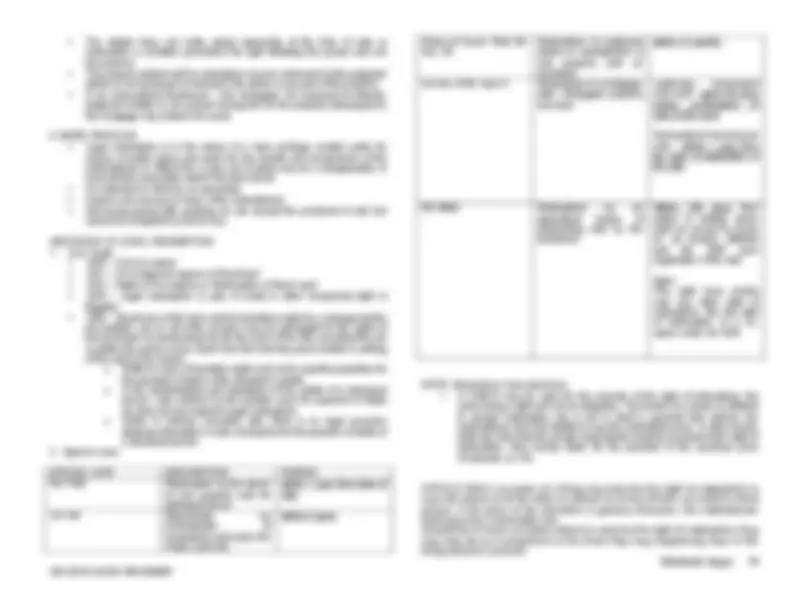
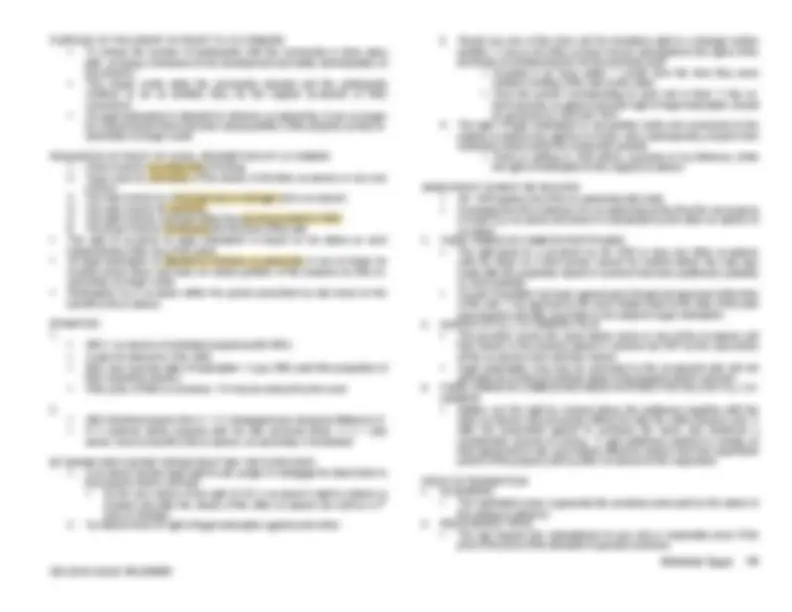


Study with the several resources on Docsity

Earn points by helping other students or get them with a premium plan


Prepare for your exams
Study with the several resources on Docsity

Earn points to download
Earn points by helping other students or get them with a premium plan
Community
Ask the community for help and clear up your study doubts
Discover the best universities in your country according to Docsity users
Free resources
Download our free guides on studying techniques, anxiety management strategies, and thesis advice from Docsity tutors
ahaka kapoya mag description ani oyyy dugay kaayo mo upload bsta tan'awa ra na ninyo oyyy kapoy
Typology: Assignments
1 / 104

This page cannot be seen from the preview
Don't miss anything!





























































































1 ARTICLE. 1458. By the contract of sale one of the contracting parties obligates himself to transfer the ownership of and to deliver a determinate thing, and the other to pay therefor a price certain in money or its equivalent CONCEPT OF CONTRACT OF SALE
2
4
5
1. EXISTING GOODS – Goods owned or possessed by the seller 2. FUTURE GOODS – Goods to be manufactured, raised, acquired **SALE OF FUTURE GOODS
7
(Value of thing given as part of consideration > money or its equivalent = barter) o E: But if the intention is that contract shall be one of sale, then such intention must be followed even though the value of the thing given as part of the consideration > amount of money given
8 o PROVIDED that contract, by its terms furnishes a basis or measure for ascertaining the amount agreed upon
2. CASES WHEN PRICE IS CONSIDERED CERTAIN 1. The parties have fixed or agreed upon a definite amount 2. It be certain with reference to another thing certain 3. The determination of the price is left to the judgment of a specified person or persons 4. Fixed by court ** Last 3 cases applicable only when no specific amount stipulated by the parties 3. PRICE CERTAIN WITH REFERENCE TO ANOTHER THING CERTAIN - Example: If the purchase price is “the total amount of the debt of the seller or buyer”! amount of debt as of the sate of the sale can be determined - If the purchase price is the “appraised value” of a specific thing, when such appraised value was previously known to the contracting parties EFFECT WHERE PRICE FIXED BY THIRD PERSON DESIGNATED
thereby fixing an arbitrary price EFFECT WHERE PRICE NOT FIXED BY THIRD PERSON DESIGNATED
10 NOTE: In case parties do not intend to be bound until after the price is settled! the buyer must return the goods already received
11
13 o Free on board stipulation – ownership of the products sold is retained by the seller until after the postdated checks evidenced by provisional receipts given as payment by the buyer are cleared, with stipulation that loss or destruction of the product during transit is for the account of the buyer
7. CONTRACT OF INSURANCE - A perfected contract of sale even without delivery bests in the buyer EQUITABLE TITLE, an existing interest over the goods sufficient to be the subject of insurance **Busmente notes:
14 o Notice need NOT be coupled with actual payment of the purchase price so long as this is delivered to the owner of the property upon the execution and delivery by him of the deed of sale
16 DELIVERY! seller bears risk of loss
After perfection of contract even before delivery (before transfer of ownership) + lost thru FE! Buyer’s risk **follows roman law – risk is transferred to buyer upon perfection of contract Before Delivery aka transfer of ownership! Seller’s risk After transfer of ownership (delivery)! Buyer’s risk SOLUTION SUGGESTED
Circumstantial (Needs legislation to avoid irreconcilable conflict) SELLER should use this as defense BUYER should use this as defense ART. 1481. In the contract of sale of goods by description or by sample, the contract may be rescinded! if the bulk of the goods delivered do not correspond with the description or the sample, // and If the contract be by sample as well as by description, it is not sufficient that the bulk of goods correspond with the sample if they do not correspond with the description. The buyer shall have a reasonable opportunity of comparing the bulk with the description or the sample. SALE OF GOODS BY DESCRIPTION AND/OR SAMPLE
17
19
20